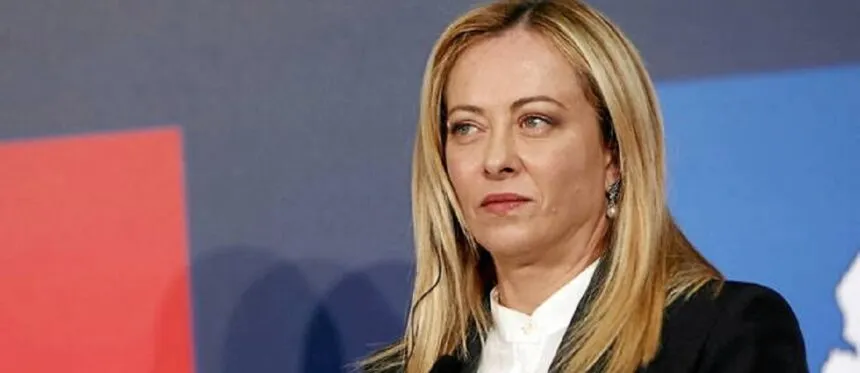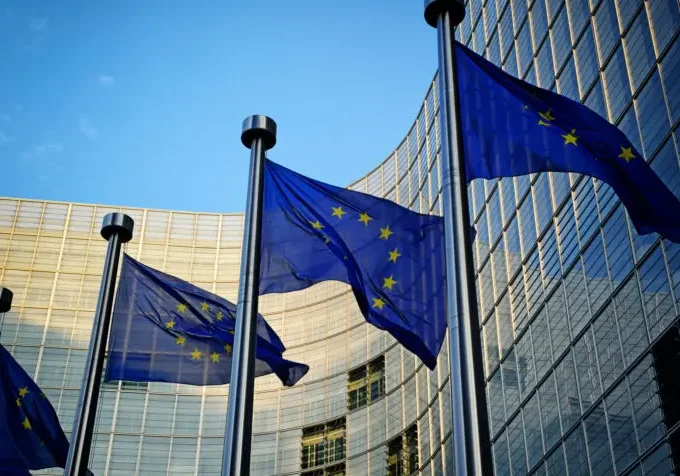Italian Prime Minister Georgia Meloni has criticised backroom deals that will see Ursula von der Leyen secure a second term as European Commission president.
Ms Meloni has denounced backroom deals to fill top jobs in EU institutions, saying it was “surreal” that voters’ views were being ignored.
People across the EU have shifted sharply away from the left in the European Parliament elections on 9 June 2024, with the ruling coalitions in Germany and France soundly defeated by right-wing parties.
However, the Parliament’s three main political groups, which are largely centrist, reportedly agreed a deal on Tuesday to fill the EU’s top jobs. The arrangement would see Germany’s Ursula von der Leyen return to the presidency of the European Commission for a second term.
Speaking to the Italian parliament on Wednesday, Giorgia Meloni said it was “surreal” that names for top EU posts had been put forward “without even pretending to discuss the signals given by voters”. Under the announced deal, Estonian Prime Minister Kaja Kallas would become the EU’s new foreign policy chief, replacing Spain’s Josep Borrell. While former Portuguese Prime Minister Antonio Costa would chair the European Council, previously chaired by Belgium’s Charles Michel.
The names will be presented on Thursday 27th, at a meeting of EU leaders in Brussels for approval.
Media reports have suggested that Italy has effectively been excluded from discussions over the deal, which has been endorsed by the leaders of France, Germany, Spain, Poland, Greece and the Netherlands.
The Italian prime minister said such backroom deals contradicted the original spirit of the European Union, according to which the institutions “were conceived as neutral entities, therefore capable of guaranteeing all member states, regardless of the political colour of the governments of those member states, representation”.
Meanwhile, Meloni, whose European Conservatives and Reformists (ECR) group won the most votes in Italy and is currently the third-largest group in the European Parliament, said she wanted the shift to the right to be reflected in the bloc’s decision-making process.
“The third [largest] group today is a group that is not appreciated by those who decide,” she said. She called the EU an “invasive bureaucratic giant”.
Meanwhile, von der Leyen’s nomination will still need to be approved by the European Parliament. And, according to media reports, she may seek Meloni’s support by giving Italy a top portfolio in the next European Commission.
This article is originally published on leconomistemaghrebin.com








